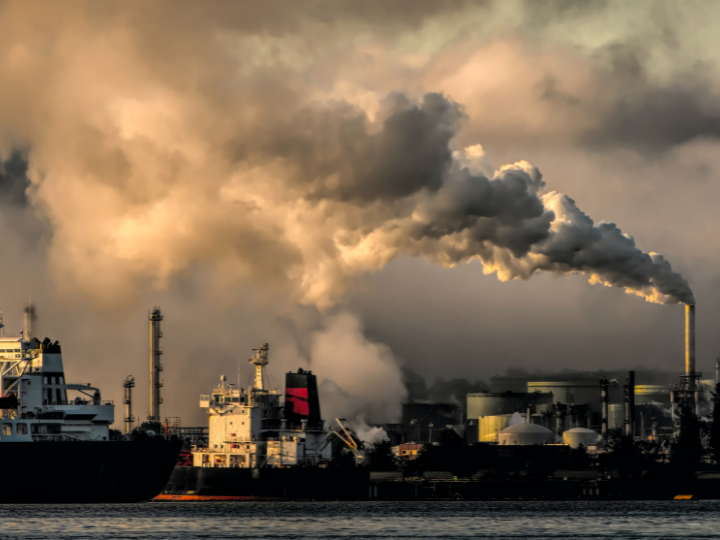by Kira Taylor
Plans by four EU countries to place coal-fired power plants on standby in case of a serious disruption to their gas supply from Russia will only have a negligible impact on the climate, according to a report by energy think tank Ember published on Wednesday (13 July).
The analysis, titled Coal is not making a comeback: Europe plans ‘negligible’ increase, looks at the climate impact of plans by Austria, Germany, the Netherlands and France to put coal power on standby in case of serious disruptions to gas supply this winter and next year.
Russia is using gas cut-offs and drops in supply to the EU as “blackmail”, according to the European Commission. EU countries are scrambling to reduce gas demand and find alternatives to Russian fossil fuels.
One way of reducing demand is to divert gas normally used for electricity generation into storage and replace this with coal-fired electricity generation. But this comes with more CO2 emissions.
“These are temporary measures and will not jeopardise Europe’s longer-term climate commitments. However, this crisis demonstrates that fossil fuels do not bring energy security,” according to the report.
Austria, Germany, the Netherlands and France are all planning to put coal on standby. France will reopen a 595 megawatts (MW) coal unit for the winter, and Austria’s 246 MW Mellach plant will temporarily be brought out of retirement and run on coal rather than gas.
Last month, the Netherlands amended legislation preventing coal plants from running above 35% capacity. Until the end of 2023, they will be able to run at full capacity again.
Meanwhile, Germany has the most significant amount of capacity on standby. On 8 July, its parliament passed the Replacement Power Plant Provision Act, enabling around 8 gigawatts (GW) of coal-fired plants to be placed in reserve.
Overall, these plans would add just under 14 GW of coal-fired power plants, adding 12% to the EU’s existing coal fleet (109 GW) and 1.5% to the EU’s total installed power generation capacity (920GW), according to the analysis.
The report explains that, even in the worst-case scenario where plants run throughout 2023 at 65% capacity, they would only generate 60 terawatt-hours of electricity, enough to power Europe for around a week. This would equal 1.3% of the EU’s total emissions in 2021.
Ideally, there would not be an increase in the use of coal, but in the current situation, it needs to be put in perspective, the author of the report, Sarah Brown, told EURACTIV.
“Should we be concerned? Yes. From a climate perspective, we don’t want the burning of coal. We would prefer all fossil fuels to be going down, but if we put it in the perspective of the immediate situation we find ourselves in, then we shouldn’t be overly concerned,” she added.
Speeding up the clean energy transition
The European Commission’s plan to break away from fossil fuels, REPowerEU, includes diversifying fossil gas imports and emphasising renewable energy and energy efficiency.
Brown said the drive for a clean energy transition at the EU level has also filtered down to EU countries. A recent Ember report shows that 19 EU governments have accelerated their decarbonisation in response to the COVID-19 pandemic, energy crisis and Russia’s war in Ukraine.
Indeed, “the current crisis has acted as a catalyst for an accelerated European clean energy transition,” according to Ember’s new report. For instance, the new German government increased the renewable electricity target to 80% by 2030 in November 2021 amid the energy crisis.
While other countries in central and eastern Europe, like the Czech Republic, are also looking at relying on coal more than initially planned, they are also looking into the clean transition, said Brown.
She pointed to the Czech Republic sticking to its coal phase-out date of 2033, while Romania has moved its coal phase-out forwards by two years. Even Poland, which is heavily reliant on coal, is looking at an expansion of renewables.
“Even in the Eastern European member states, we’re seeing either increased commitment to renewables or no reneging on the coal phase-out commitments that have been made,” said Brown.
*first published in: www.euractiv.com




 By: N. Peter Kramer
By: N. Peter Kramer
